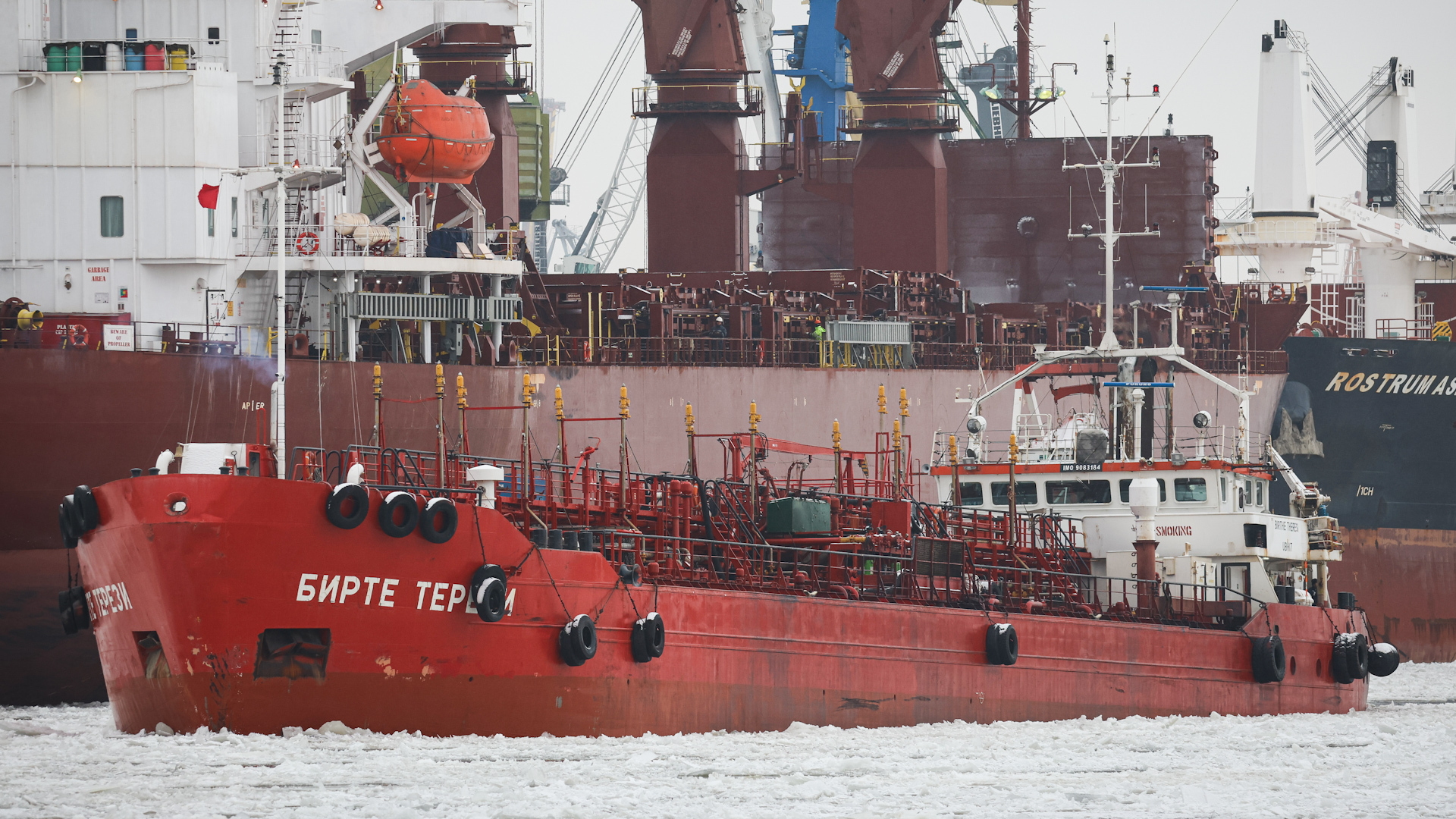
RUSSIA’S COMMERCIAL OIL REVENUES INCREASED BY HUNDREDS OF MILLIONS OF DOLLARS LAST MONTH-
DESPITE NEW WESTERN-IMPOSED SANCTIONS IMPLEMENTED AT THE START OF THE YEAR.
THIS COMES ACCORDING TO A REPORT RELEASED THURSDAY BY THE INTERNATIONAL ENERGY AGENCY.
PROFITS FROM RUSSIAN OIL EXPORTS INCREASED BY 900 MILLION DOLLARS FROM DECEMBER, TO A JANUARY TOTAL OF 15.8 BILLION DOLLARS.
THE IEA SAID THIS WAS POSSIBLE DUE TO DECEPTIVE SHIPPING PRACTICES EMPLOYED BY MOSCOW-
INCLUDING THE USE OF AGING, ANONYMOUSLY OWNED VESSELS, KNOWN AS THE DARK FLEET, TO TRANSPORT OIL.
RUSSIA WAS ALSO ABLE TO SKIRT INTERNATIONAL CAPS ON BOTH OIL PRODUCTION AND PRICING IN JANUARY.
THE COUNTRY INCREASED ITS DECEMBER PRODUCTION LEVELS BY 100,000 BARRELS OF OIL PER DAY-
FOR A DAILY OUTPUT OF 9.2 MILLION BARRELS.
WHICH SURPASSED THE LIMIT OF 8.98 MILLION BARRELS PER DAY SET BY OPEC+, A COALITION OF OIL-PRODUCING NATIONS THAT INCLUDES RUSSIA.
MEANWHILE, ALL OF THE RUSSIAN OIL SOLD A MONTH AGO WAS PRICED ABOVE THE 60 DOLLAR PER BARREL WESTERN-IMPOSED CAP.
HOWEVER, RUSSIA’S FOSSIL FUEL INDUSTRY STILL HAS NOT FELT THE FULL IMPACT OF ALL SANCTIONS IMPOSED ON IT THIS YEAR.
THE IEA NOTES THERE ARE STILL SEVERAL TRADE RESTRICTING MEASURES FROM THE WEST THAT HAVE YET TO GO INTO EFFECT-
BUT WILL DO SO EITHER IN LATE-FEBRUARY OR MARCH.
FOR STRAIGHT ARROW NEWS, I’M JACK AYLMER.











